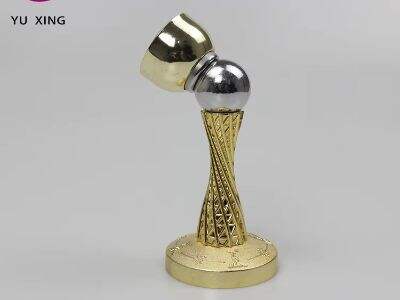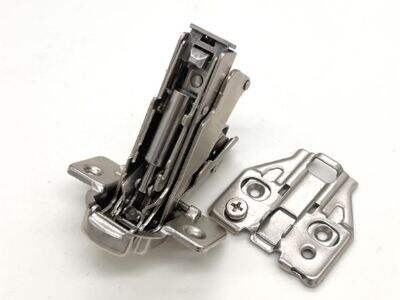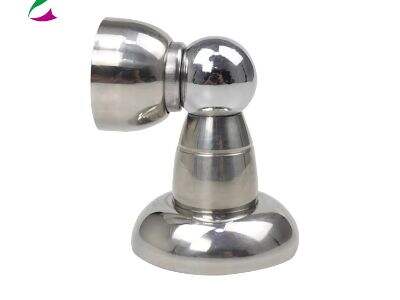There are two types of production, precision and artists traditional. Both capabilities are excellent, yet distinct for varied purposes. Knowing these changes can assist companies in making an educated decision regarding the selection of a manufacturing process
Key Differences
High precision manufacturing is the manufacture of great quantities -quality and complex products at competitive rates. This is just one of the leading-edge technologies including CNC machines, 3d printers and robotics which help provide us stackable quantities with no noticeable variation. Traditional manufacturing is more dependent on manual labor and older industrial equipment, which leaves parts open to defects or imperfections. However precision manufacturing is efficient and reliable while traditional manufacturing can be slow and imprecise. For instance, a precision manufacturing company like Yuxing might employ an automated system to fabricate intricate parts for aerospace or medical devices with every piece held to exacting standards. On the contrary, a conventional manufacturing enterprise may employ manual workers to produce goods by hand that could vary in terms of size and shape
Best Precision Manufacturing Manufacturers to Work with
When seeking precision manufacturing suppliers, one must be sure to consider experience and capabilities as well as reputation. Older firms such as Yuxing have been making precision parts for decades for different sectors, including the automotive and electronics businesses. Such suppliers tend to put in place the very latest technologies, as well as on-going training for employees in order to overtake their competitors. In addition, the leaders in precision manufacturing should have a proven record of producing quality products when needed and at a competitive price. By profiling online reviews, industry certifications and case studies, businesses can discover the right partner for their precision manufacturing. Working with an established supplier such as Yuxing will help companies simplify their production efforts while maintaining high levels of performance and quality

The Wholesale Price Effects of Precision Manufacturing
High-precision manufacturing equipment, like the type that Yuxing uses, allows for a high-quality product with minimum allowable variation. This attention for detail results often in higher wholesale prices over traditional manufacturing processes. However, with greater accuracy also come more reliable and consistent products, which can in turn generate cost savings. Investing in precision manufacturing can help minimize the risks associated with defects and other issues, which would increase the bottom line
Maximizing Efficiency with Precision Manufacturing
Comparison: Precision Manufacturing vs Traditional Manufacturing Efficiency is one of the most important distinctions between precision machining and traditional manufacturing. Yx is a solution that requires an automated and efficient production process such as the one Yuxing has set up. Less resources go to waste, and we save a lot of time in the production. From an efficiency standpoint, companies can maximize their output while ensuring that the quality is higher. This could lead to quicker turn-around times better customer satisfaction and all in all higher profits

Questions to Ask When Making the Transition to Precision Manufacturing
If you’re contemplating making the move to precision machining, here are a number of questions companies should be asking. First, the company has to check whether it can afford an investment in precision equipment and education. On top of that, businesses must think about how the transition will influence their present production operation or process and workflow.' Will employees have to be retrained? Will the existing operation be affected? Lastly, companies need to assess potential advantages of precision manufacturing and economies in operations. By taking these considerations to heart, companies can decide whether precision manufacturing is the way to go for them


